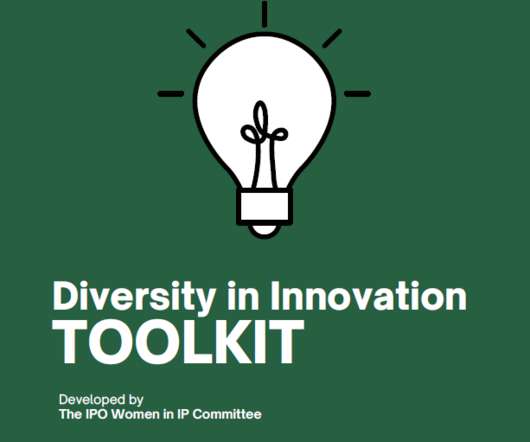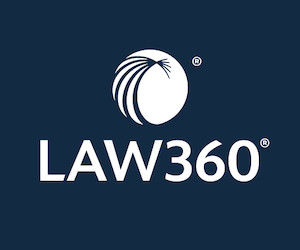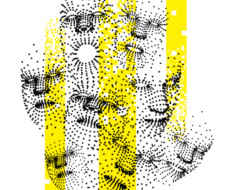Limitation period for copyright infringement actions in France
The IPKat
NOVEMBER 23, 2023
This Kat always eagerly awaits decisions from the French Cour de Cassation, so he was delighted to find out about an important recent decision on copyright (Cour de cassation, 1st Civil Chamber, 15 November 2023, n° 22-23.266). The judgment focuses on a procedural aspect, namely the limitation period for an action for copyright infringement. "The Horses Fountain" Facts In 1985, Frédéric Jaeger, artist, sculptor, and painter, was commissioned by Yves Bienaimé, founder of the Museum of the Living





















Let's personalize your content